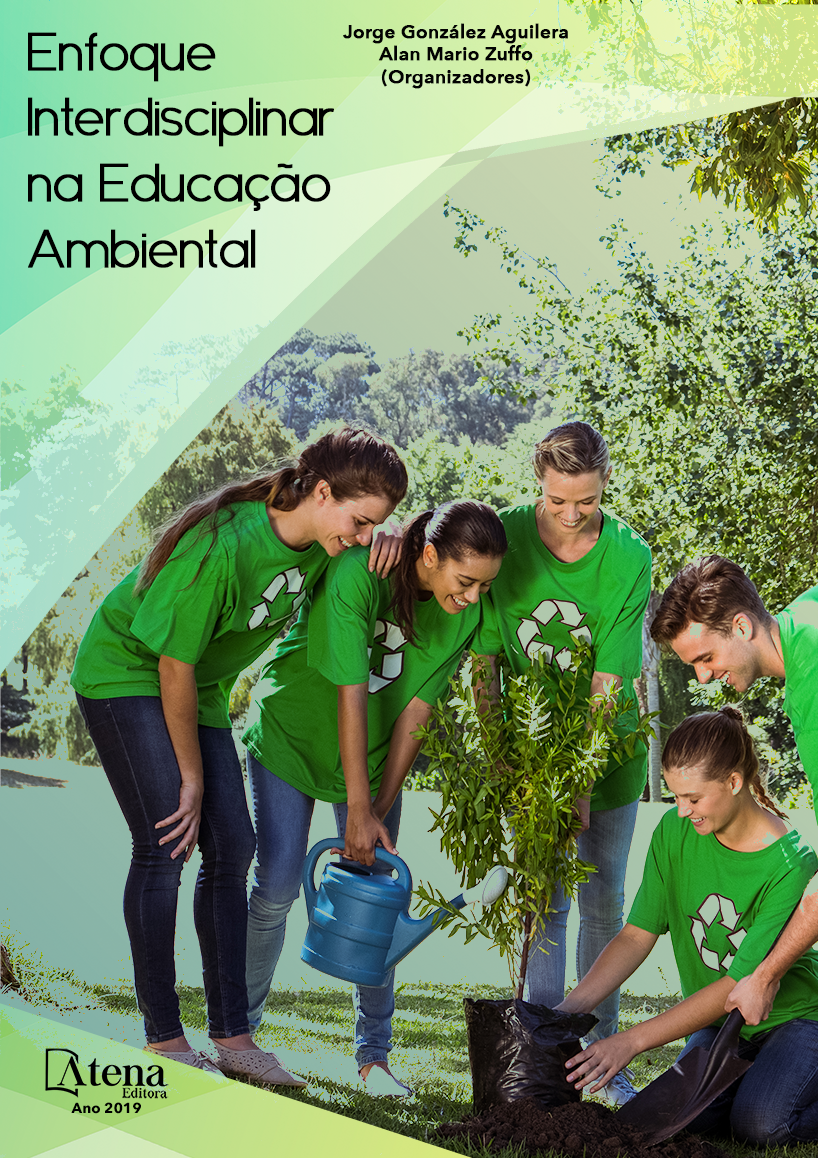
O USO DOS ESPAÇOS NÃO FORMAIS COMO FERRAMENTA ENRIQUECEDORA DO CURRÍCULO NO MUNICÍPIO DE SÃO MATEUS – ES, BRASIL
O uso de espaços não formativos de
educação é um importante auxiliar no ensino
possibilitando aprendizagens alternativas
e diferenciadas, além de experiências
socioculturais. Entende-se por espaço não
formal, qualquer ambiente externo à escola
onde acontece uma ação educativa. O estado
do Espírito Santo possui uma série de espaços
institucionalizados que podem ser utilizados para
o trabalho de temas transversais. Destacamse
o Museu Intercontinental África Brasil e o
Projeto José Bahia, ambos no município de
São Mateus, norte do estado. Esses espaços
possuem a capacidade de reforçar a disciplina
de ciências, bem como outras disciplinas
pertencentes ao currículo escolar, visto que a
partir da visita a esses ambientes é possível
explorar as funções transversais, previstas nos
Parâmetros Curriculares Nacionais (BRASIL,
1998). Esta pesquisa foi utilizada como método
qualitativo, buscando-se uma realidade que
não seja quantificada, voltando-se para o
entendimento de Minayo (2010), identificando
o universo dos significados, dos motivos, das
aspirações, das crenças, dos valores e das
atitudes do ser humano. De acordo com os
objetivos propostos, esta pesquisa seguiu o
método descritivo (GIL, 1991), sendo a coleta
de dados realizada por meio de conversas
gravadas, onde o entrevistado relatou o
funcionamento do espaço e como as atividades
foram desenvolvidas, seguidas por uma visita ao espaço em questão. A utilização destes
espaços no ensino possibilita a discussão do multiculturalismo, das relações étnicoraciais,
da história afro-brasileira regional, da ética, ecologia e sobretudo a promoção
de uma educação ambiental critica. Além de contribuir com a contextualização do
ensino ao abordar aspectos regionais.
O USO DOS ESPAÇOS NÃO FORMAIS COMO FERRAMENTA ENRIQUECEDORA DO CURRÍCULO NO MUNICÍPIO DE SÃO MATEUS – ES, BRASIL
-
DOI: 10.22533/at.ed84219050614
-
Palavras-chave: ciência, histórico - cultural, socioambiental
-
Keywords: science, historical - cultural, socioenvironmental.
-
Abstract:
The use of informal learning spaces is an important teaching auxiliary
allowed alternative and differential learning, as well as socio-cultural experiences.
An informal learning space is understood as any environment outside the school
where an educational action takes place. The state of Espírito Santo has a series
of institutionalized spaces that can be used to work on cross-cutting themes. Among
them, the Intercontinental Africa Brazil Museum and the José Bahia Project stand out,
both in the municipality of São Mateus, in the north of the state. These spaces have the
capacity of reinforcing the discipline of sciences, as well as other disciplines belonging
to the school curriculum, since it is possible to explore the transversal functions provided
in the National Curricular Parameters (BRASIL, 1998) by visiting these environments.
This research was used as a qualitative method, pursuing a reality that is not quantified,
considering the understanding of Minayo (2010), identifying the universe of meanings,
motives, aspirations, beliefs, values and attitudes of the human being. According to the
proposed objectives, this research followed the descriptive method (GIL, 1991), the
data collection was performed through recorded conversations, where the interviewee
reported the operation of the learning space and how the activities were developed,
followed by a visit to the space. The use of these learning spaces enables the discussion
of themes as multiculturalism, ethnic-racial relations, regional Afro-Brazilian history,
ethics, ecology, and especially, the promotion of critical environmental education, as
well as contributing to the contextualization of teaching when addressing regional
aspects
-
Número de páginas: 15
- Tainara Fonseca Simões
- Gabrielle Christini Costa Sant’Anna
- Luan Ériclis Damázio da Silva
- João de Deus Francisco da Silva
- Ludmila de Souza
- Gustavo Machado Prado
- Gabrielle Christini Costa Sant´Anna


